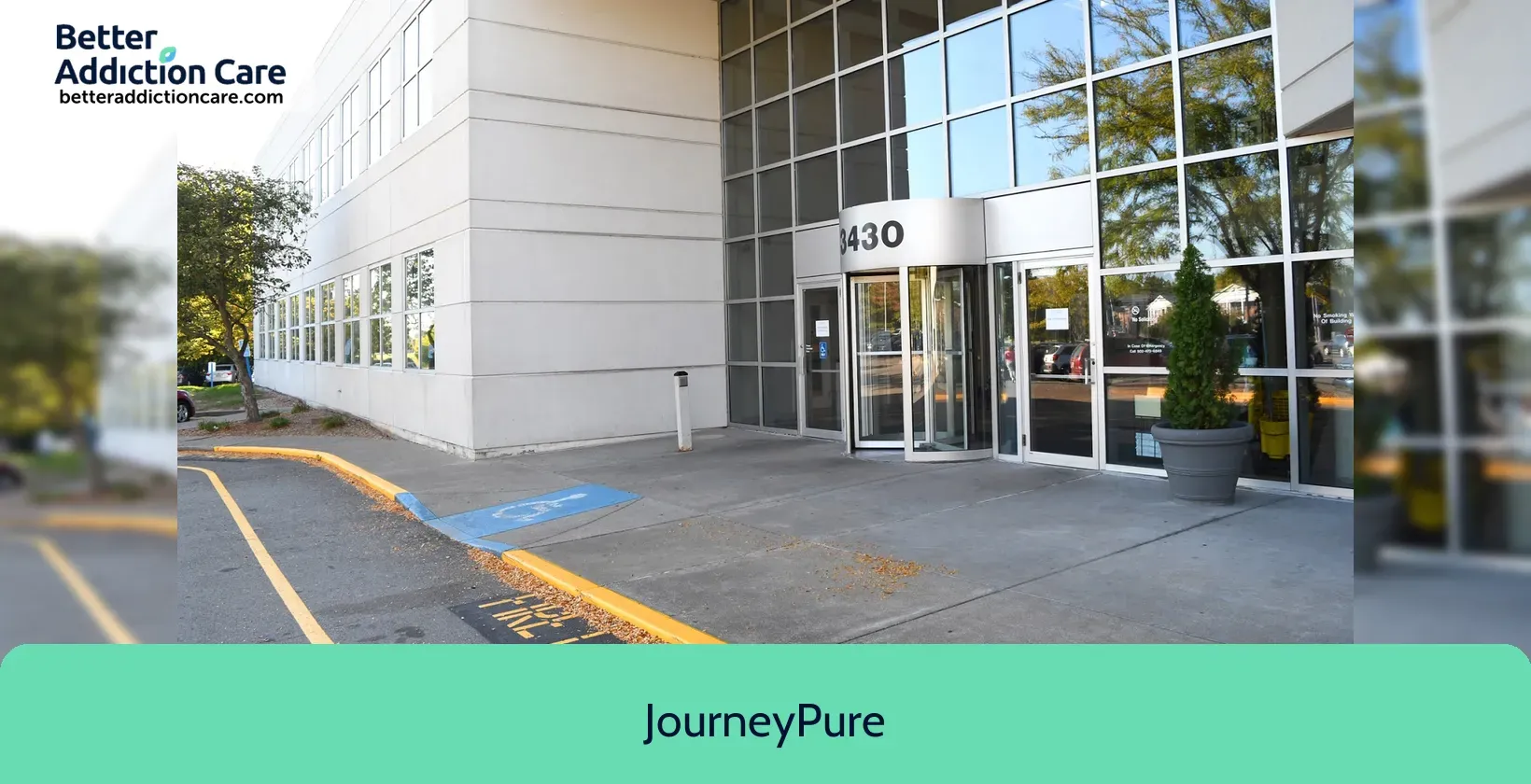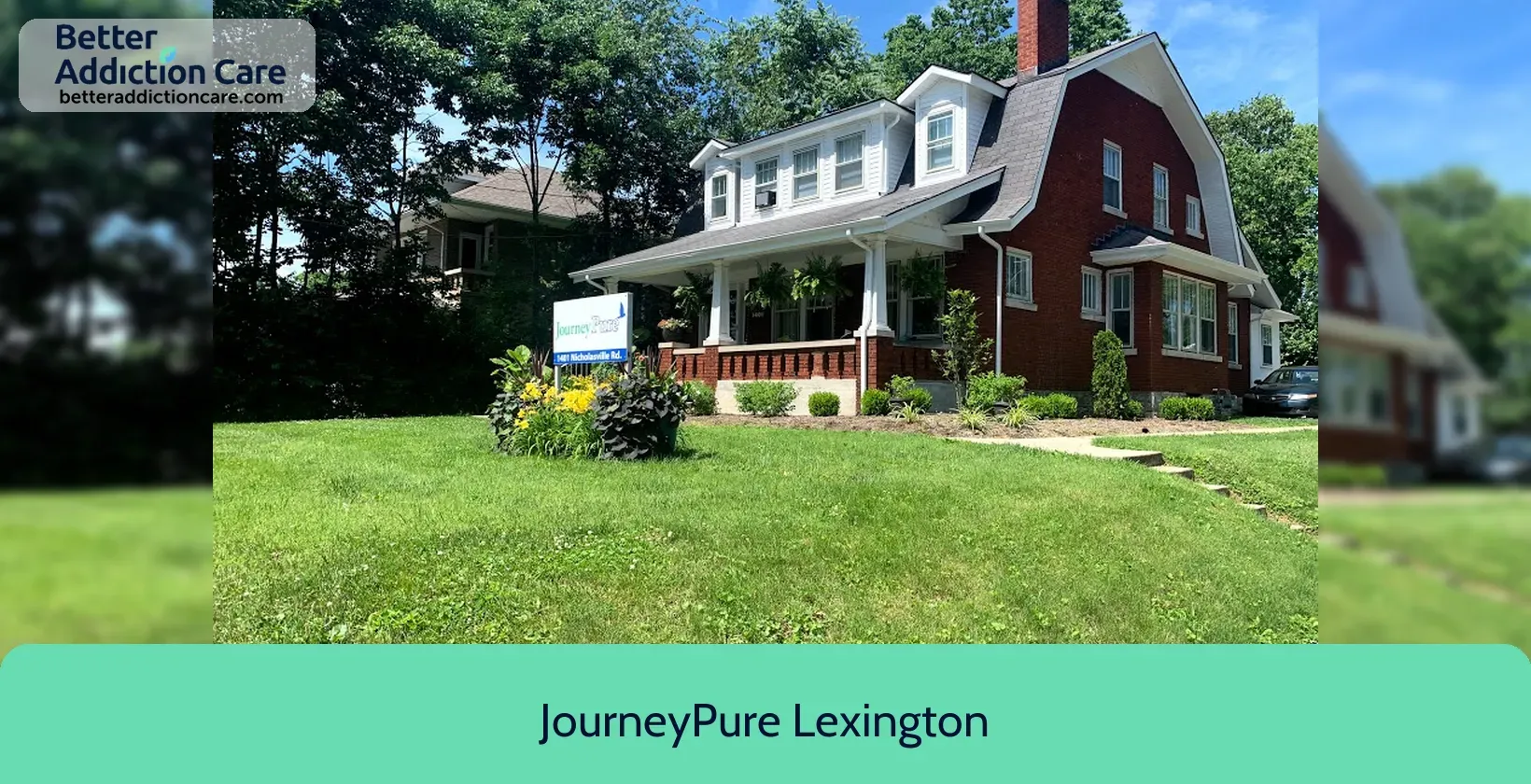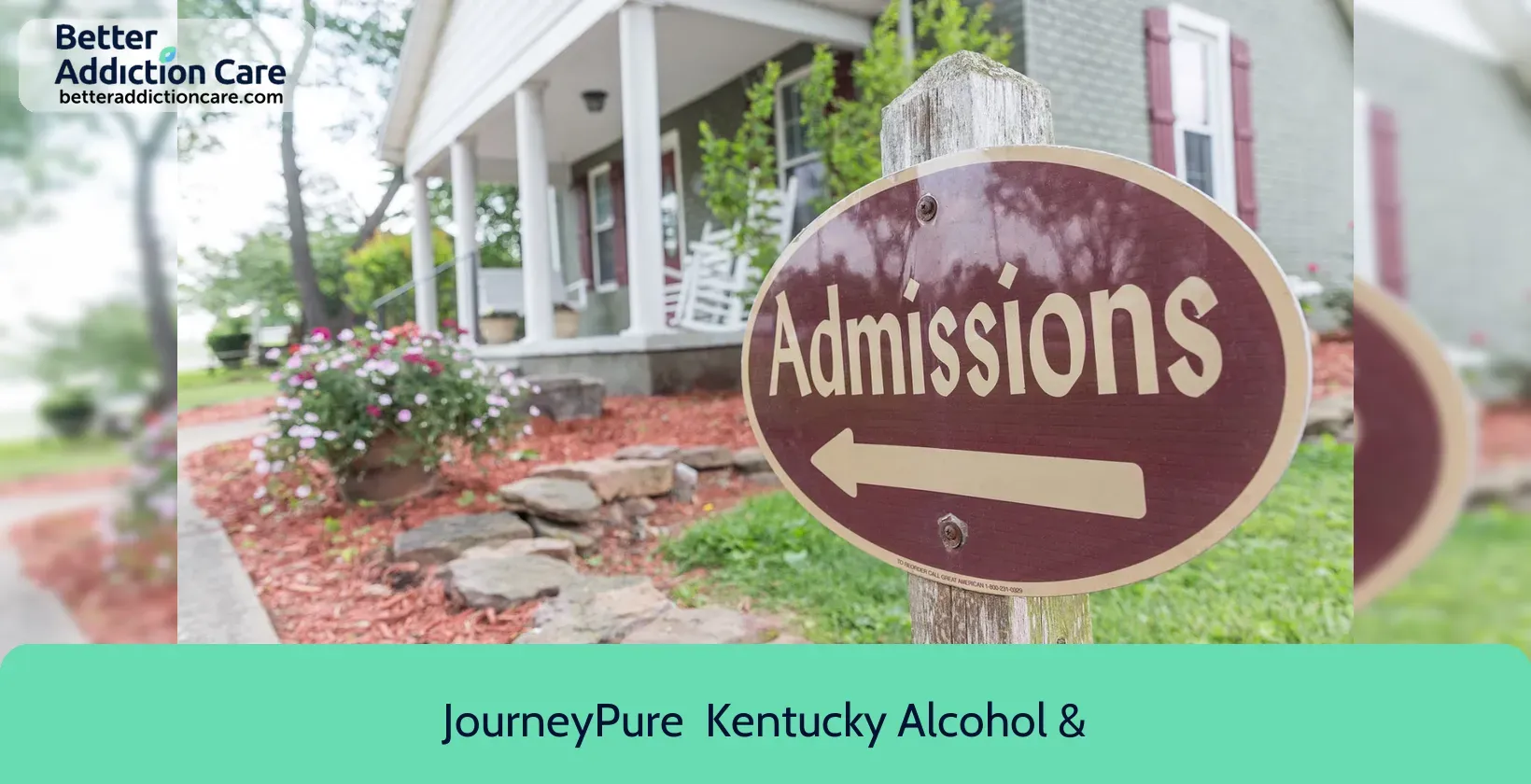JourneyPure
Overview
JourneyPure, situated in Louisville, Kentucky, provides a comprehensive selection of services to those who are in need of treatment for alcohol and substance addiction. The facility provides medical detox, which guarantees that patients undergo the withdrawal process safely under the supervision of a medical professional.
Numerous evidence-based treatment modalities are implemented, including alternative therapies like yoga, art therapy, and music therapy, to facilitate holistic rehabilitation and overall well-being.
JourneyPure prioritizes personalized care, customizing treatment plans to meet the unique requirements of each patient in order to facilitate long-term recovery. In addition, the center offers telehealth services, which ensure that patients have continuous support throughout their recovery journey by providing them with convenient access to counseling and follow-up care remotely.
JourneyPure's accreditation by CARF is indicative of its dedication to upholding the most stringent standards of quality and care in addiction treatment. This accreditation serves to bolster JourneyPure's commitment to providing patient-centered, compassionate care that incorporates both conventional and alternative therapeutic methods to facilitate long-term recovery.
JourneyPure at a Glance
Payment Options
- Private health insurance
- Cash or self-payment
- Monthly
- Aetna
- Blue Cross and Blue Shield Association
Assessments
- Comprehensive mental health assessment
- Comprehensive substance use assessment
Age Groups
- Adults
- Young adults
Operation
- Treatment duration
- Private for-profit organization
Highlights About JourneyPure
7.44/10
With an overall rating of 7.44/10, this facility has following balanced range of services. Alcohol Rehabilitation: 8.00/10, Drug Rehab and Detox: 6.92/10, Insurance and Payments: 6.67/10, Treatment Options: 8.18/10.-
Treatment Options 8.18
-
Alcohol Rehabilitation 8.00
-
Drug Rehab and Detox 6.92
-
Insurance and Payments 6.67
Accreditations
Commission on Accreditation of Rehabilitation Facilities (CARF):

CARF accreditation is a globally recognized certification for rehabilitation and human service organizations. It signifies that an organization meets high-quality standards and is committed to providing top-level care. Achieving CARF accreditation involves a rigorous evaluation process, including on-site surveys. This accreditation enhances an organization's reputation, instills trust in clients and funders, and encourages ongoing excellence in the field.
Registration: 245932
State department of health:

Government agencies issue State Licenses, which grant rehabilitation organizations permission to conduct their operations lawfully within specific geographic regions. Licenses needed to operate are typically determined by the type of rehabilitation program offered by the facility and its physical location.
Registration: 810200
NAATP:

Established in 1978, the National Association of Addiction Treatment Providers (NAATP) is a professional organization dedicated to advocating for and representing entities involved in addiction services. NAATP is committed to advancing the field of addiction services and ensuring that top-tier addiction treatment remains both accessible and widely available.
LegitScript:

Only after successfully completing a rigorous application process, programs and services achieve LegitScript certification. This process, which commenced in 2018, aims to qualify only reputable providers of mental health and co-occurring substance abuse treatment for inclusion on Google's network while ensuring compliance with HIPAA privacy laws.
Treatment At JourneyPure
Treatment Conditions
- Mental health treatment
- Alcoholism
- Opioid Addiction
- Substance use treatment
- Co-occurring Disorders
Care Levels
- Partial Hospitalization Program
- Intensive outpatient treatment
- Detoxification
- Aftercare
- Outpatient
Treatment Modalities
- 12-step facilitation
- Family counseling
- Group counseling
- Trauma-related counseling
- Individual psychotherapy
Ancillary Services
Special Programs
- Clients with HIV or AIDS
- Pregnant/postpartum women
- Active duty military
- Clients who have experienced trauma

Additional Locations
Get Help Now
Common Questions About JourneyPure
Contact Information
Other Facilities in Louisville
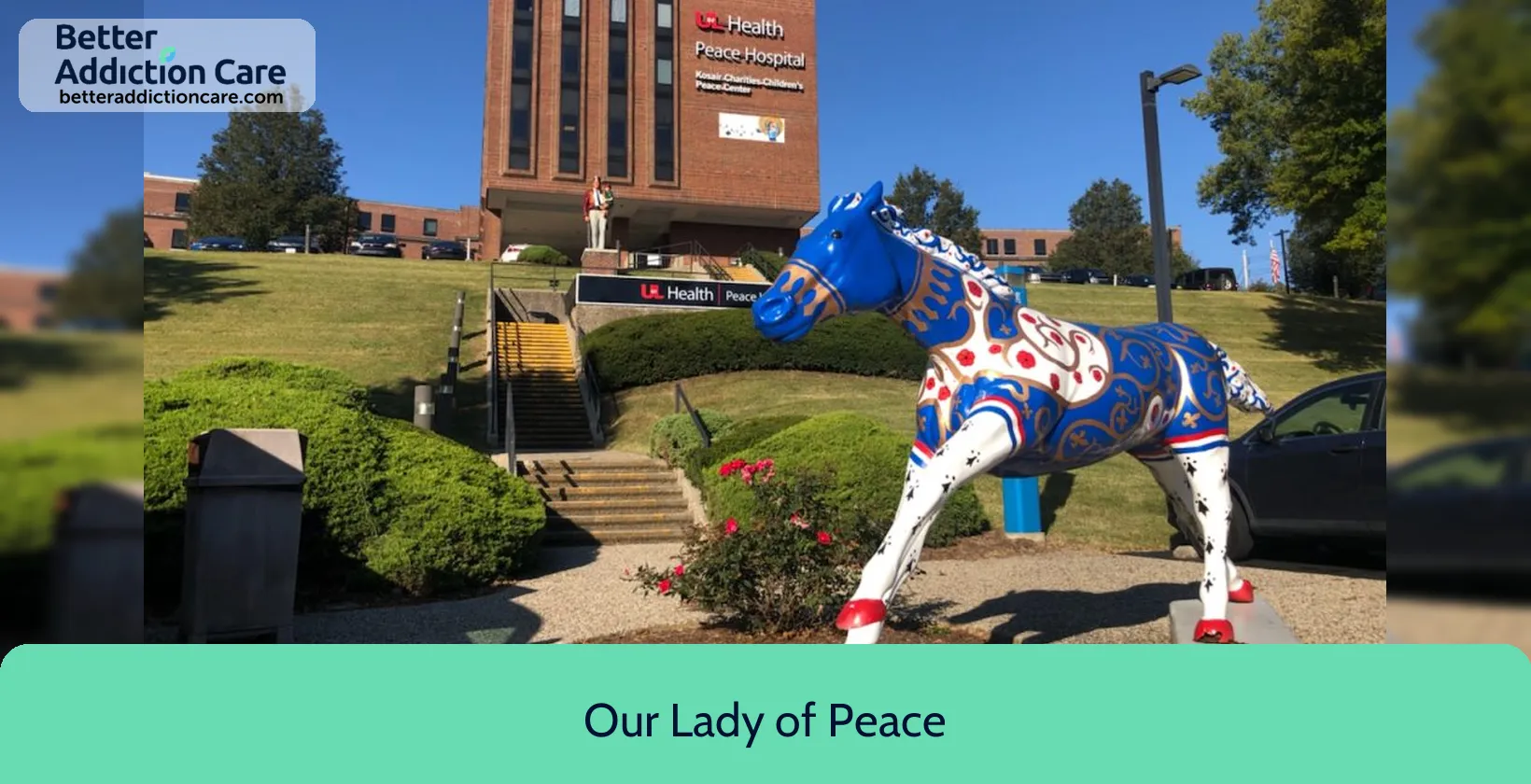
6.80
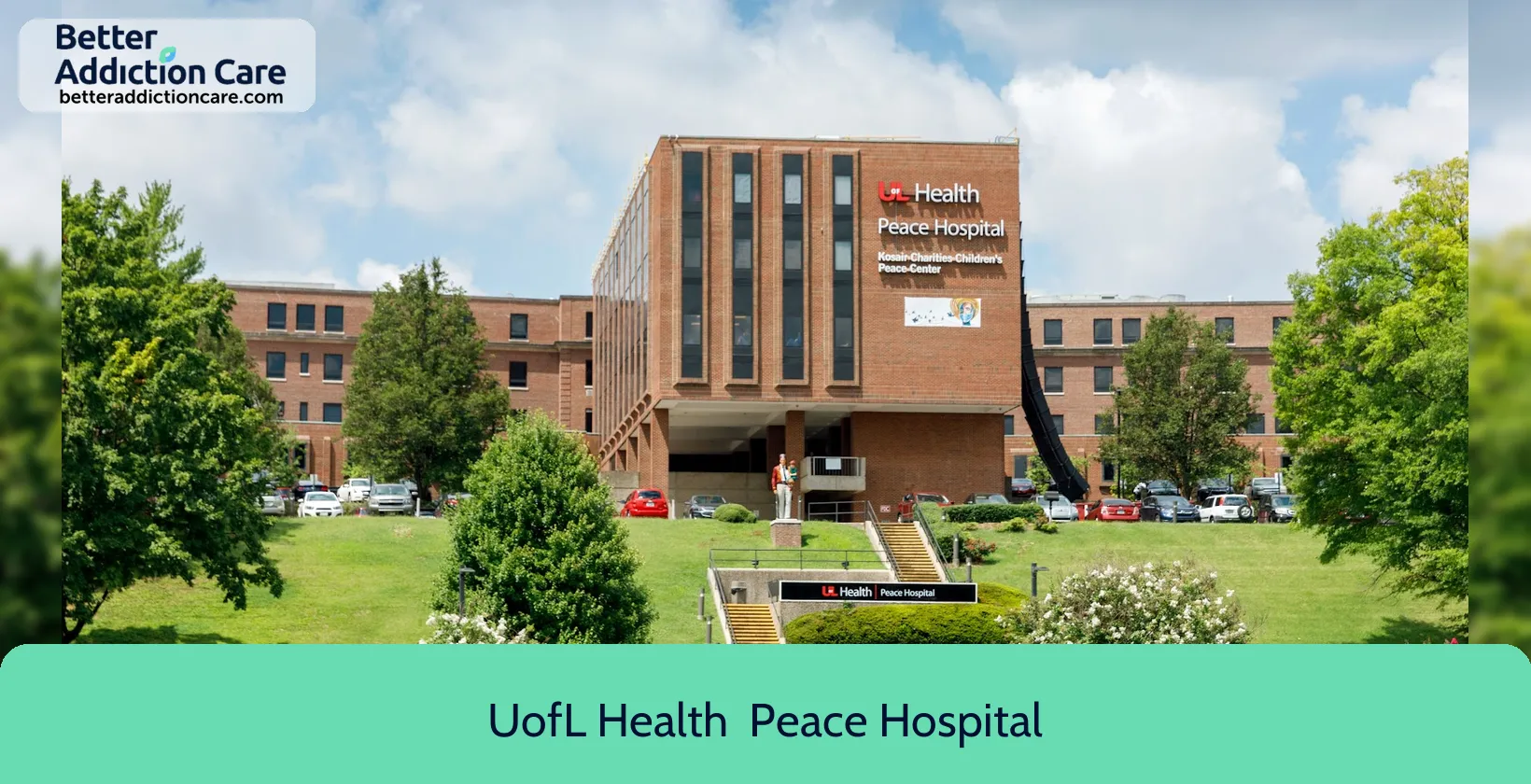
7.58
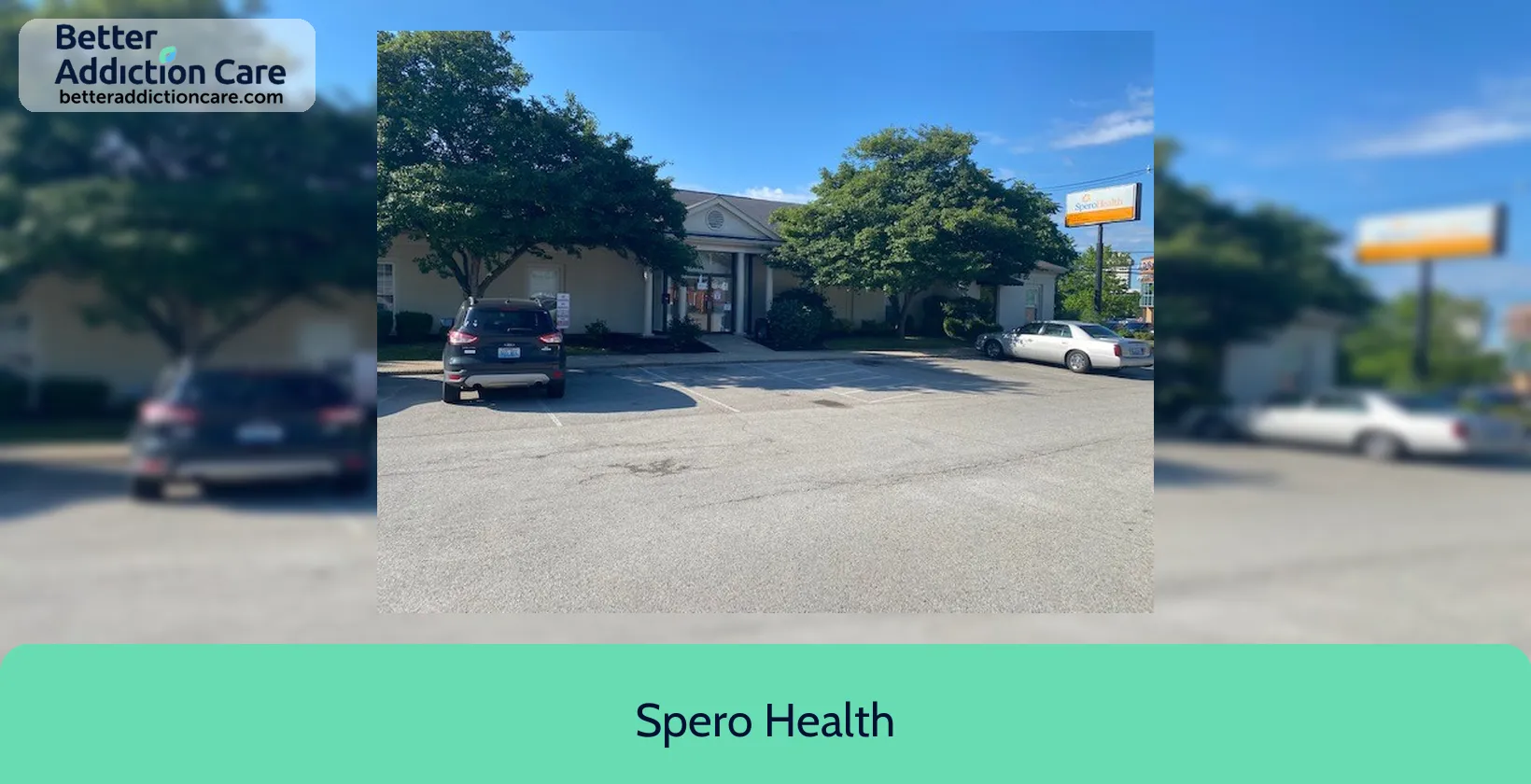
7.40
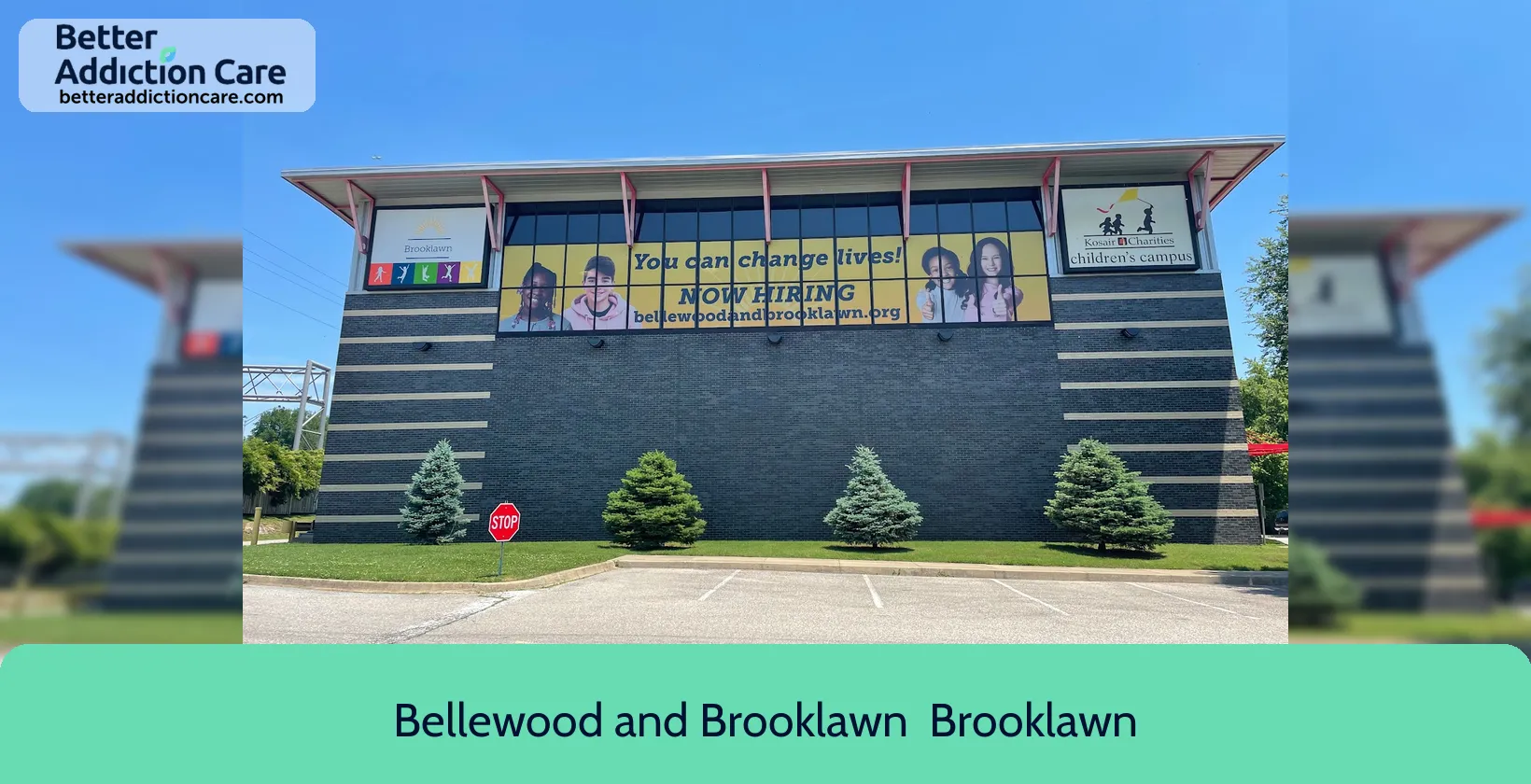
6.74
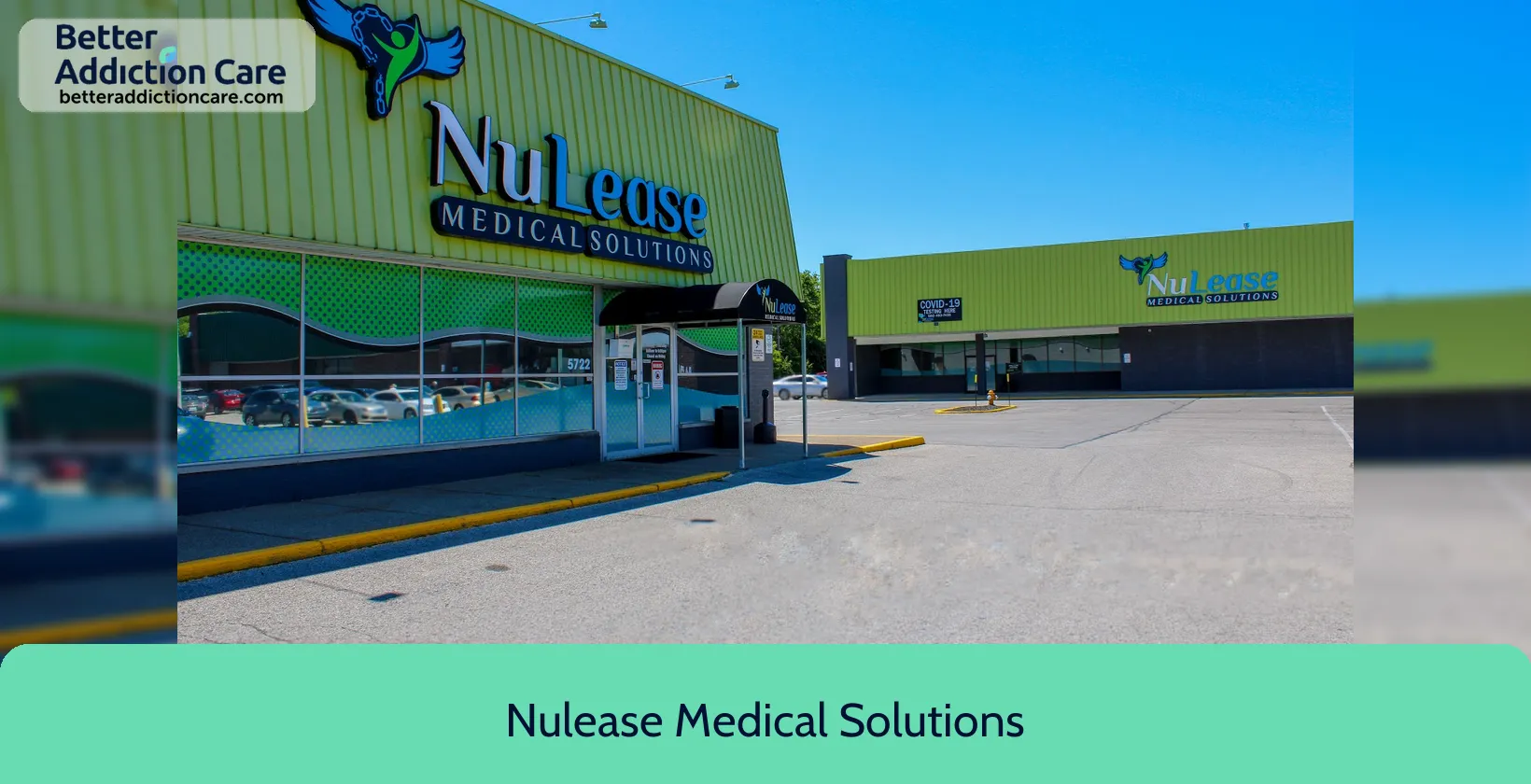
7.20
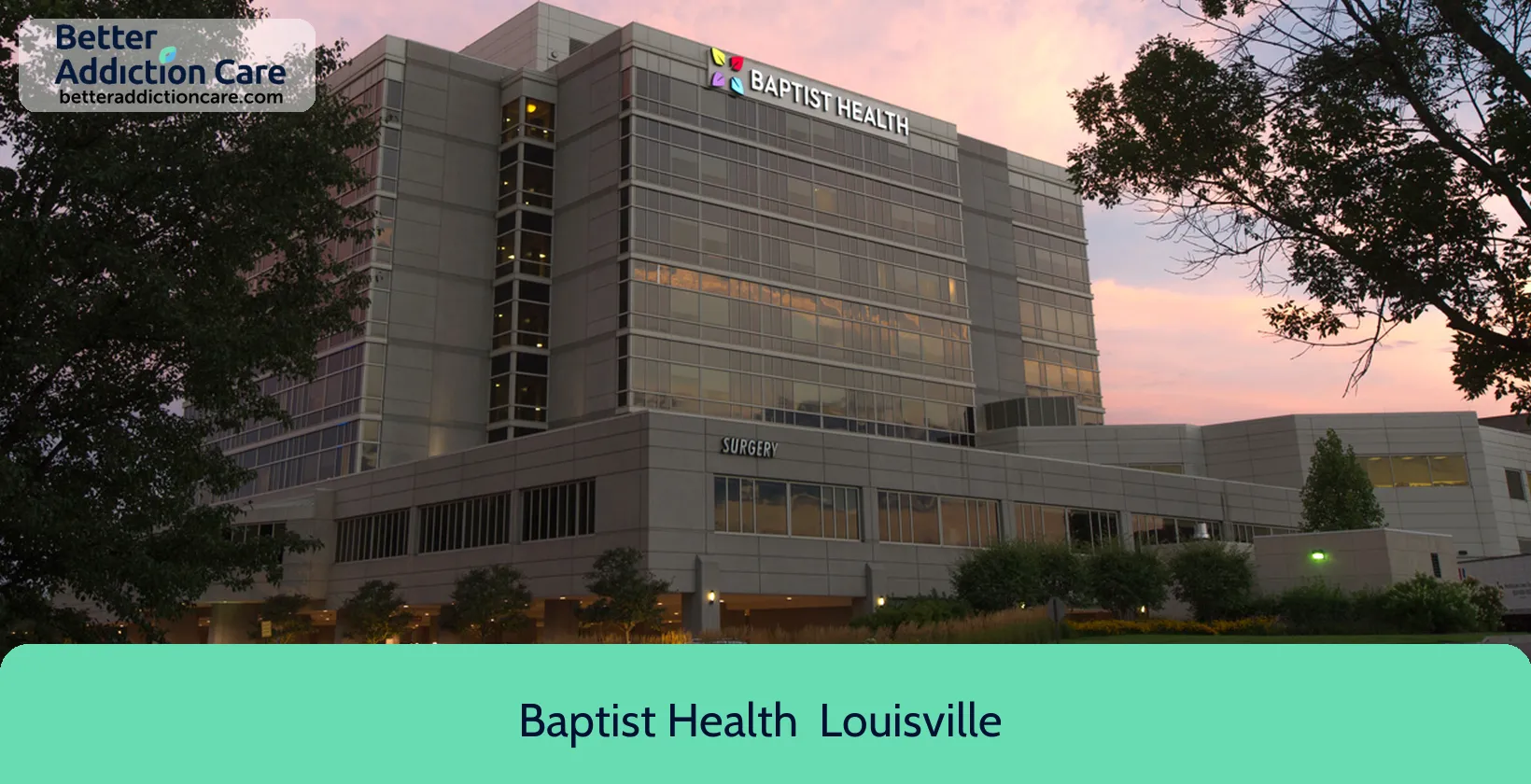
6.65
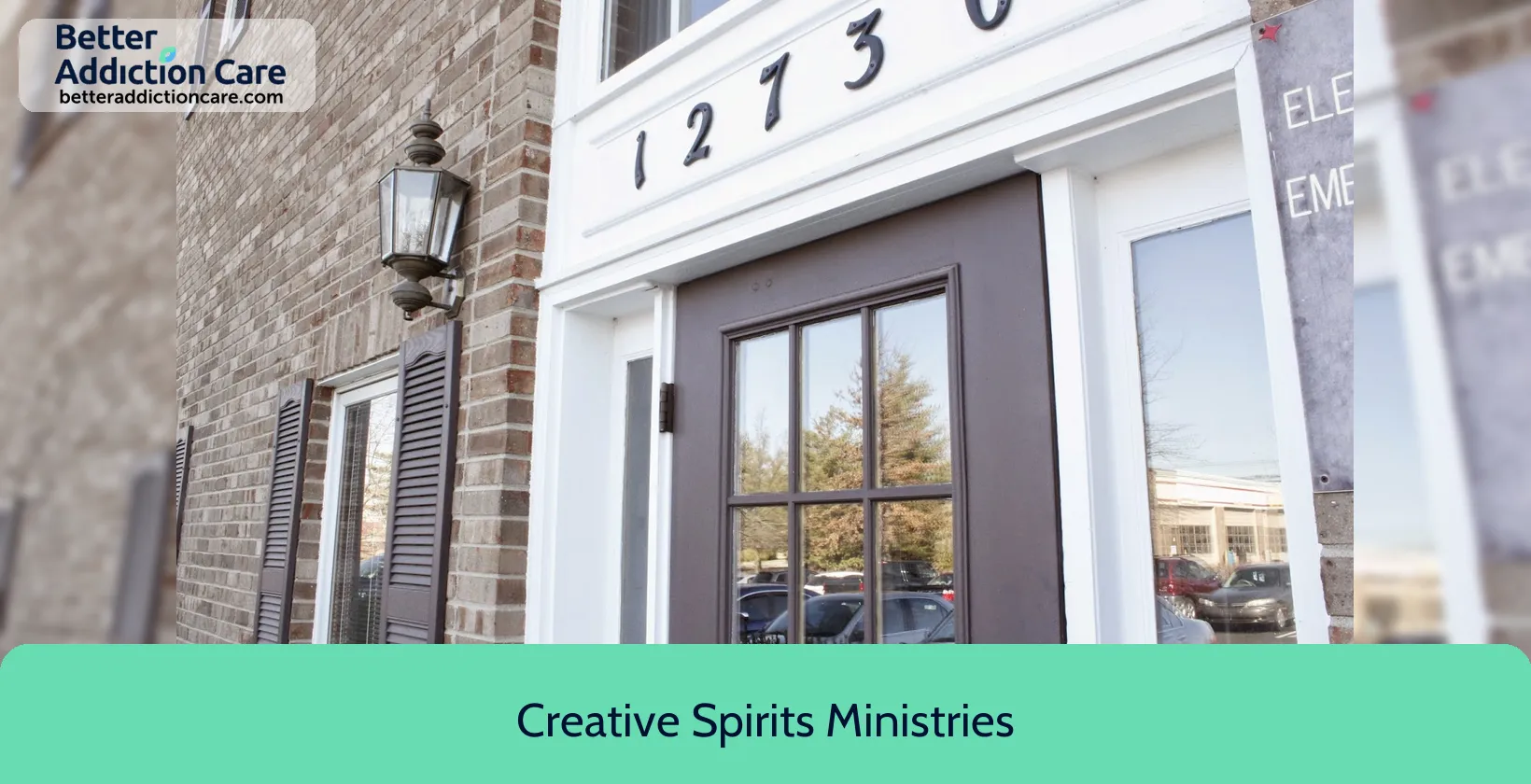
6.56
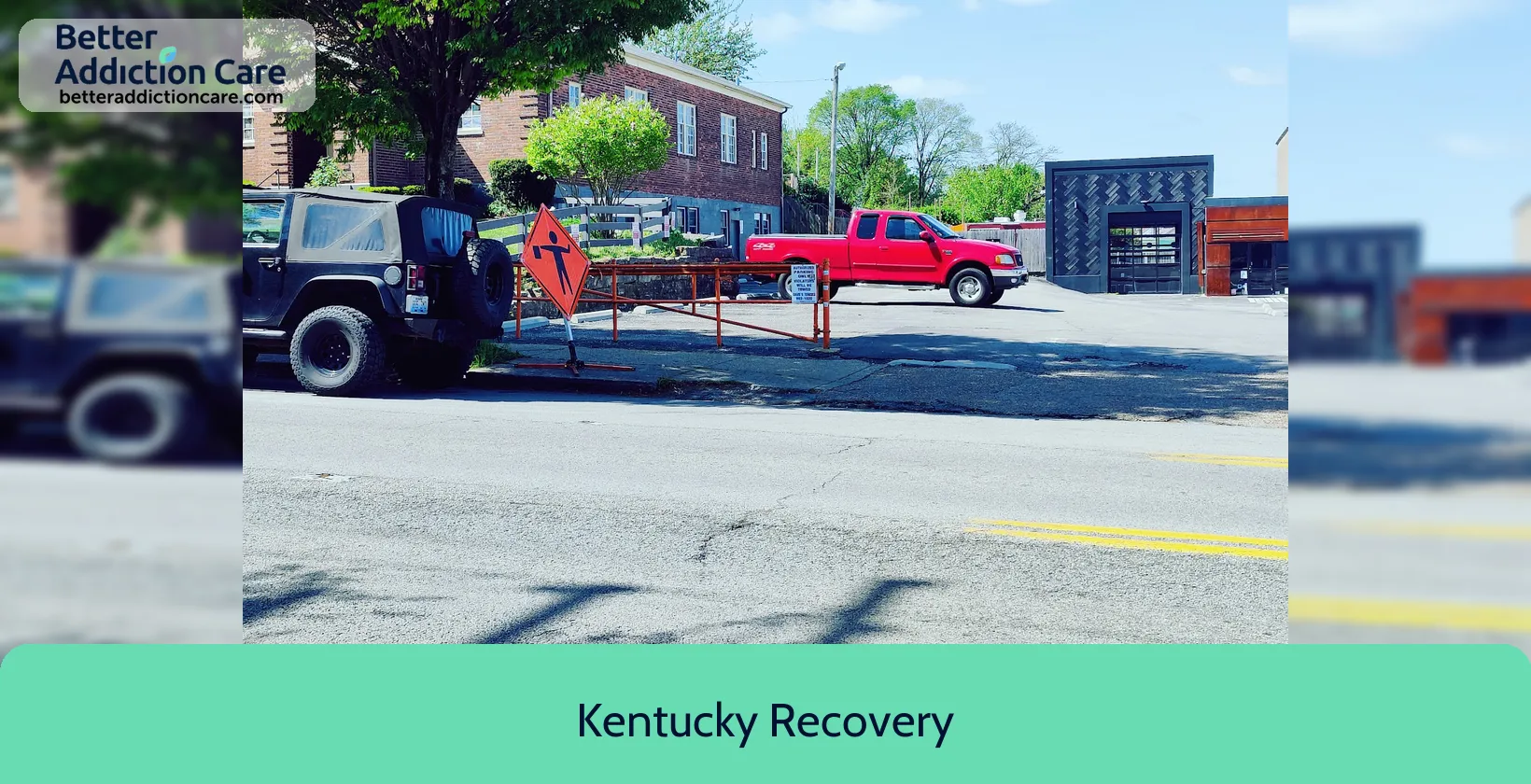
7.02
DISCLAIMER: The facility name, logo and brand are the property and registered trademarks of Kentucky Recovery, and are being used for identification and informational purposes only. Use of these names, logos and brands shall not imply endorsement. BetterAddictionCare.com is not affiliated with or sponsored by Kentucky Recovery.
